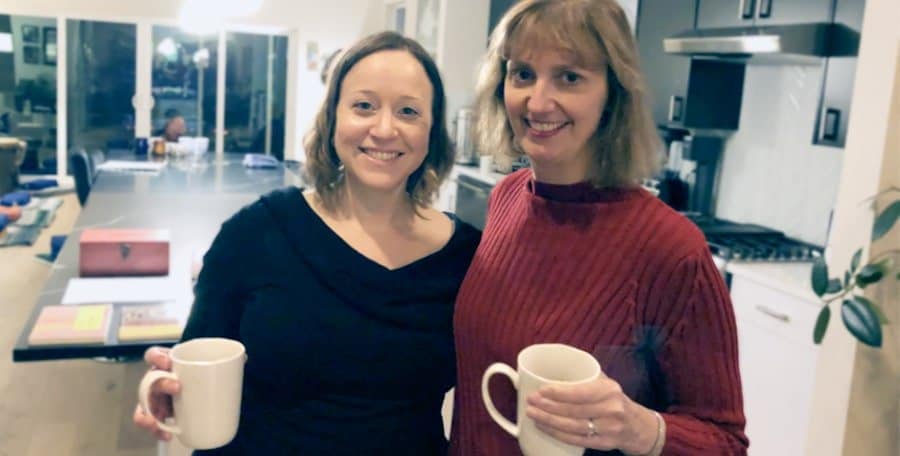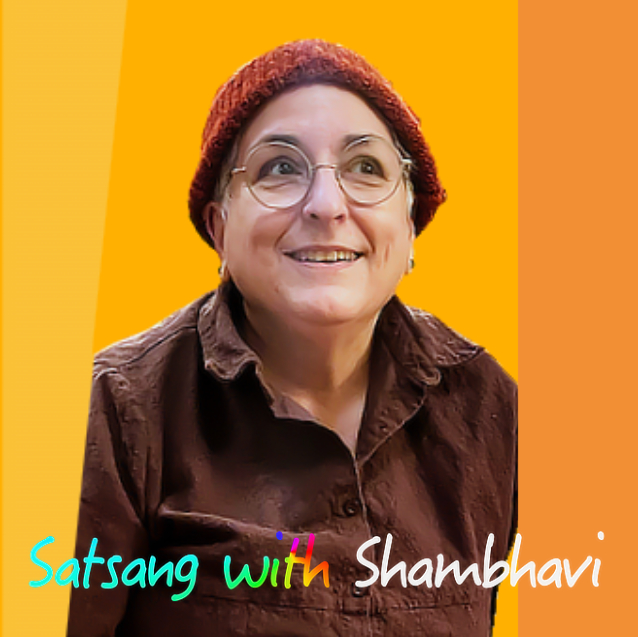Habit, routine, and ritual are similar but far from identical. Find out how our “skill” at forming habits and falling into routines can help us to wake up. A podcast from Satsang with Shambhavi
Podcast First Words
Today I want to talk about habit, routine, and ritual. There’s a saying in this tradition—we rise by that which we fall. This means that the thing that brings us down is also the thing that’ll help us to get up. My teacher Anandamyi Ma said that the floor that we fall on is the same floor that our hand will use to push us back up again.
In an ordinary sense, you can all understand this. I’m sure every single person here has had the experience of a misfortune that we dreaded, or something unexpected. But then in the middle of it, or afterwards, we realize it was the best thing that ever happened to us. Because it helped us to learn, to transform, and to become freer and more loving people. It’s such a common experience that it’s almost a cliche.
We can think of habit, routine, and ritual as existing on a continuum. Habit is what we’re all really, really good at. We have all kinds of habits that we have no problem repeating every day.
We have habits of eating that we have no problem repeating every day. We have habits of the way that we express ourselves—the things we always say, the way we always say them, with the gestures that we always make. We have habits of emotional reactions to things—the way we always react. We call those triggers because we want to have some reason for why we always react that way.
Then we have habits of our activities, habits of relationships, habits of pretty much anything. Habits of thinking—things we always think about. We even have habits of dreaming, patterns of dreaming that repeat in our lives.


